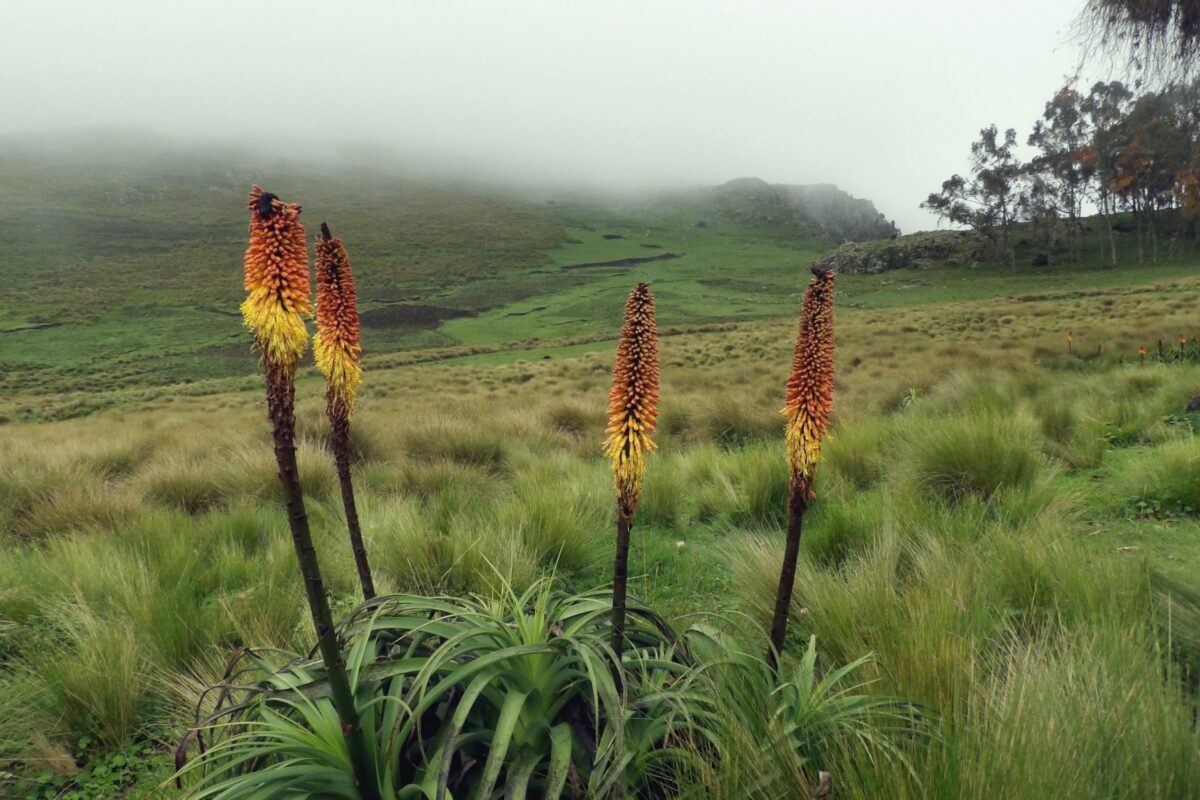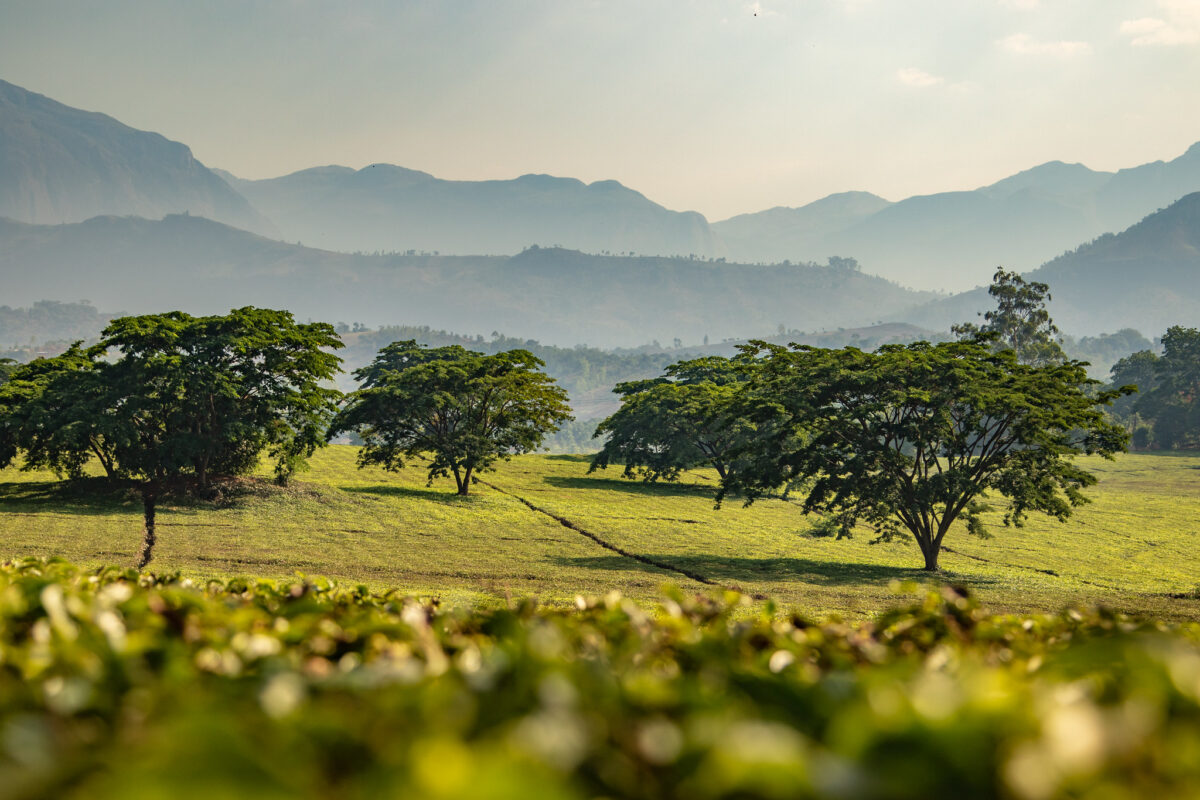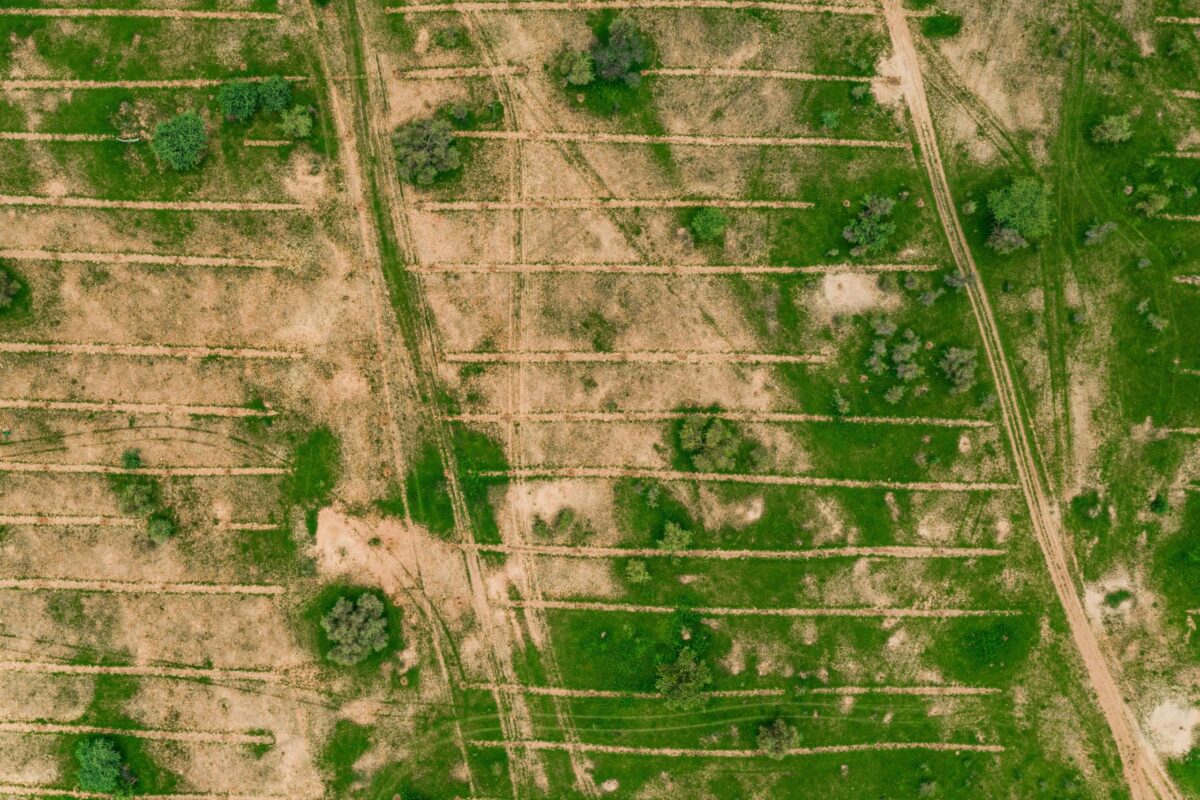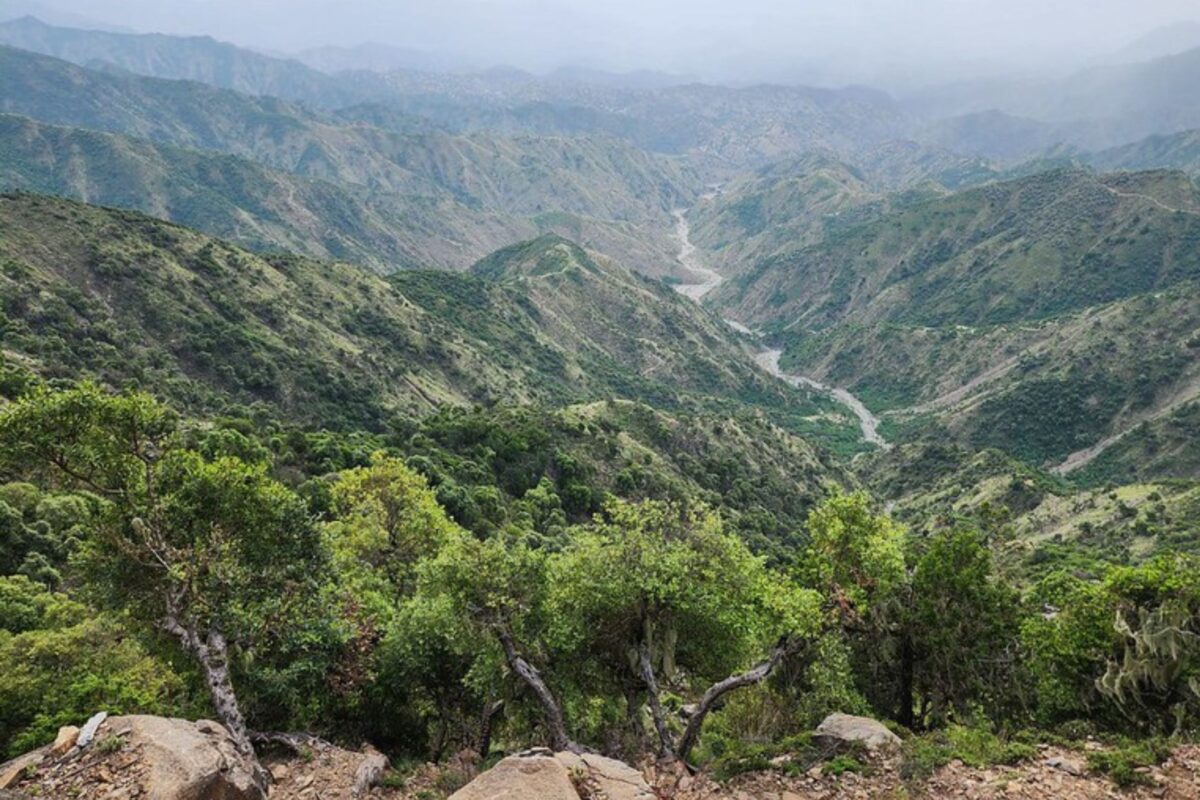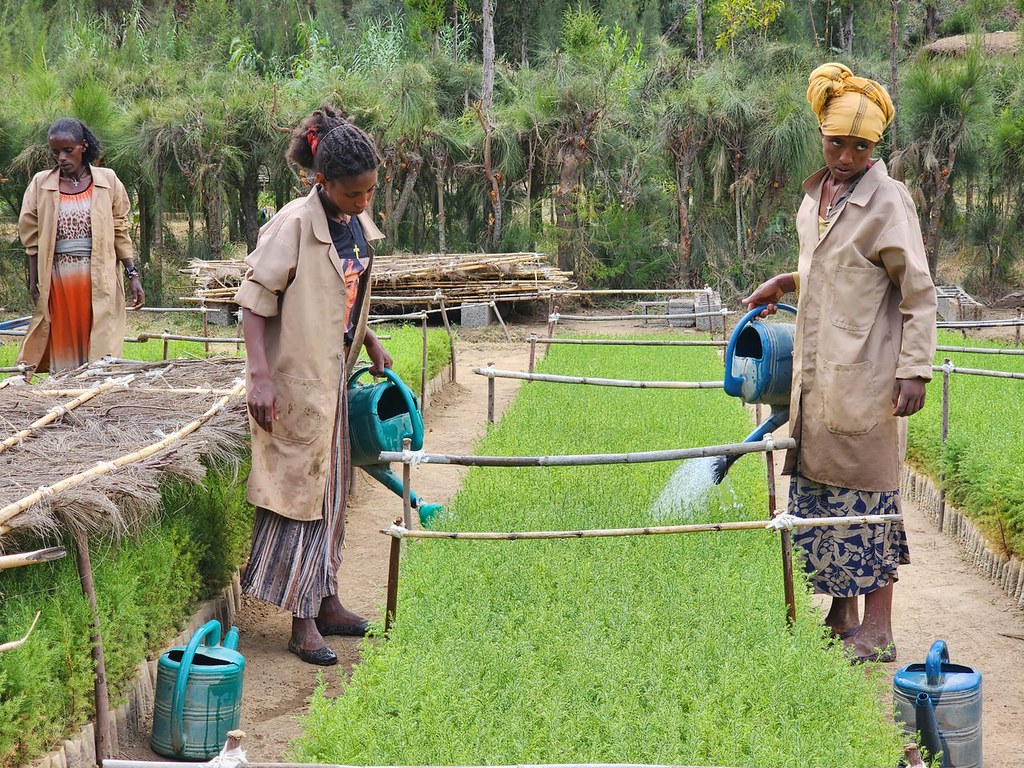WeForest staff members from Europe and Africa travelled to Zambia for an eleven-day visit to meet each other face-to-face, tour the country’s projects and share their experiences in forest landscape restoration. The team members, representing WeForest’s HQ in Brussels and our projects across Ethiopia, Malawi and Zambia, enjoyed field visits and workshops during the trip. As well as discussing ways to enhance the efficiency and effectiveness of project implementation strategies, they identified shared challenges and possible mitigation measures for common project components such as sustainable livelihood schemes.
For Fainess Lumbwe, Deputy Country Director in Zambia, learning from colleagues how they implement similar project activities – both in forest restoration and in providing livelihood schemes – was invaluable. “It was great to be able to share solutions to common challenges encountered during project implementation, and we all went away with solid ideas about how to improve performance,” she says. “It was fascinating to compare the beekeeping model they’re using in Ethiopia compared to our extensive model in Zambia, and I was also interested to hear about their techniques to enhance seedling survival in enrichment planting sites.”
Ethiopia Director Aklilu Mekuria agrees. “It was really useful to have discussions from all sides on project implementation, challenges, solutions and best practices, and these sessions were very interactive,” he says. “I also enjoyed meeting the communities who are participating in the projects in Zambia, and to see their construction methods for poultry and goat houses, as well as hearing about their conservation agriculture with rotational farming. Camping in the forest was a great way for the WeForest team members to get to know each other, as well as learning from nature!”
For Thokozani Chavura, Mulanje Field Manager in Malawi, the visit was a great chance to learn various techniques. “Ring weeding being applied in miombo woodlands was an eye opener, and quite interesting as a fire prevention measure while at the same time enhancing the growth of regenerating vegetation,” she says. “I also found the beekeeping knowledge shared by the Ethiopian team very useful for our ventures into beekeeping in Malawi. However, the highlight was the friendships that we were able to develop thanks to finally being able to interact with other teams.”


